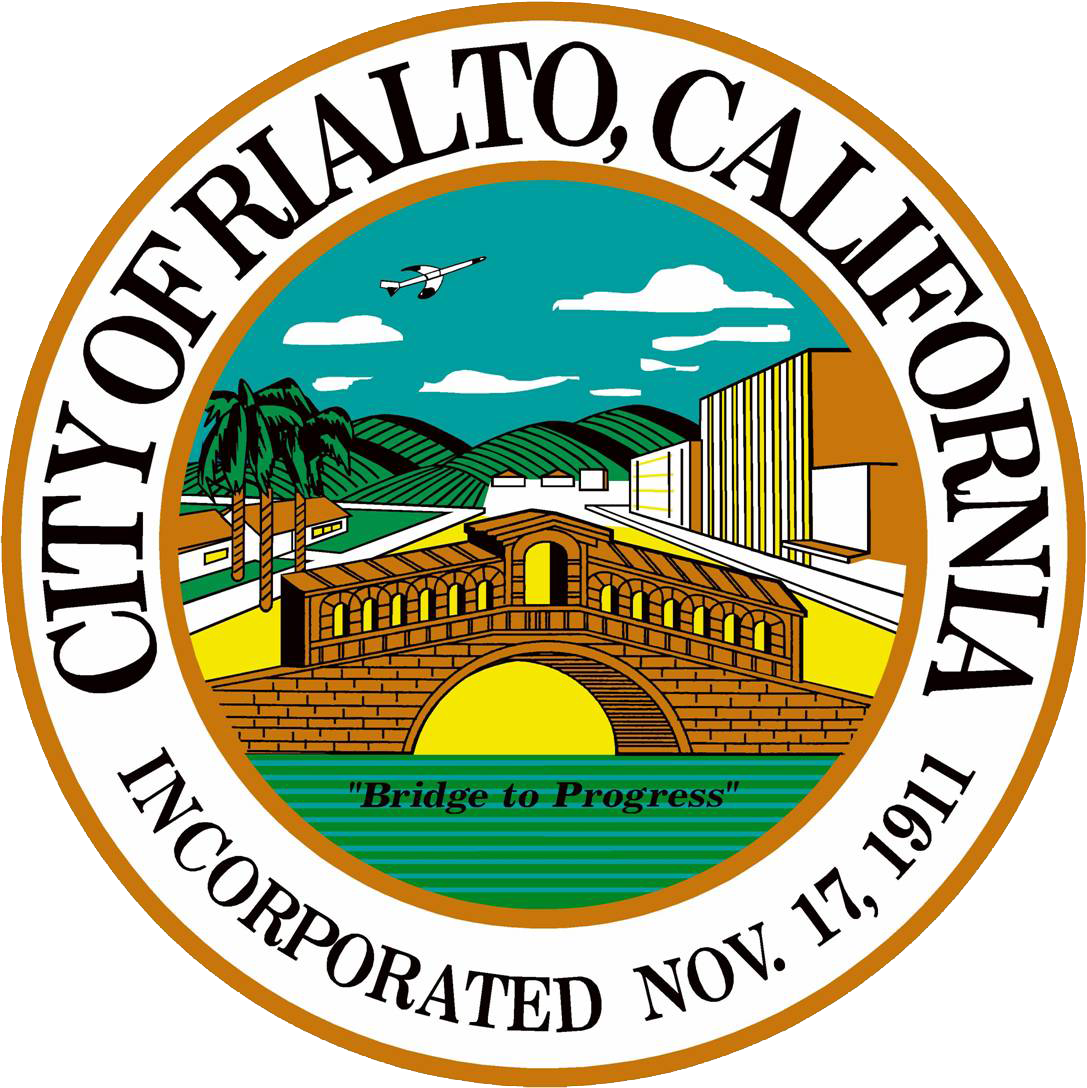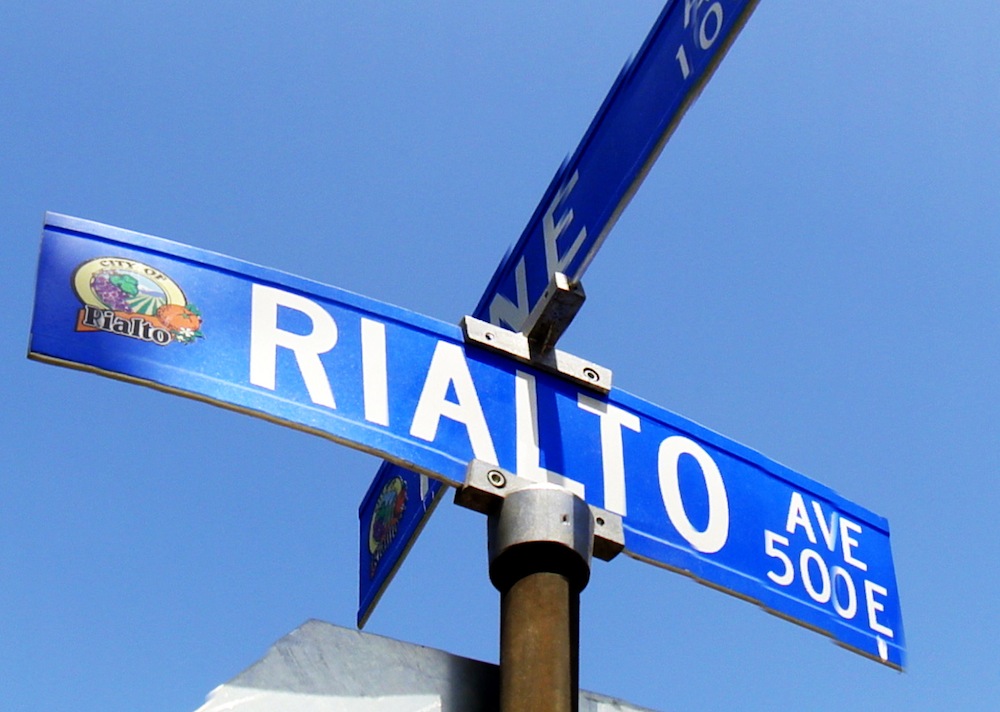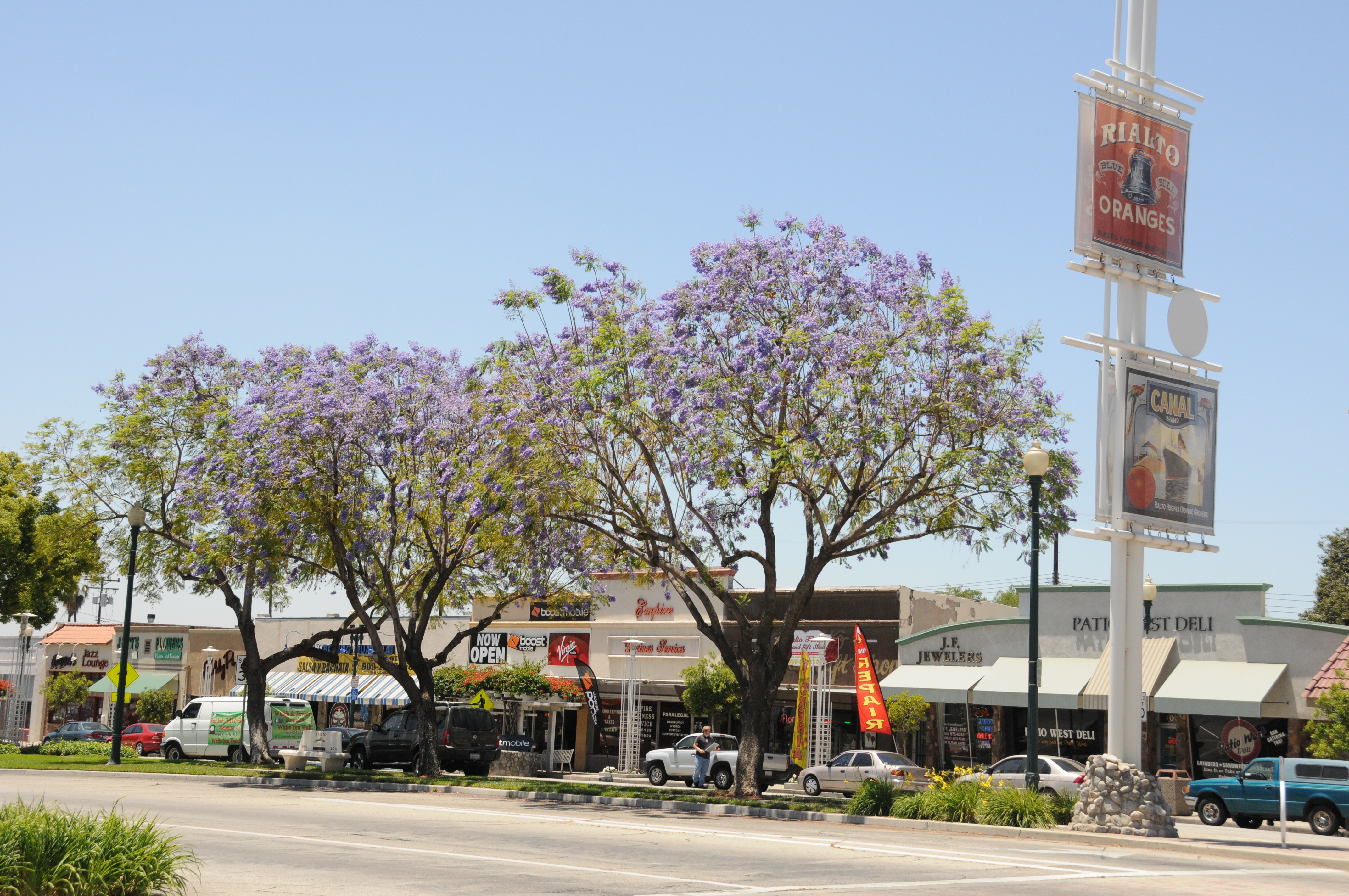City of Rialto Climate Adaptation Plan with Transportation Integration
SB1 Adaptation Planning Grant: Initial Case Study
Challenge: Developing plans and strategies
Summary
The Climate Adaptation Plan (“Plan”) will build upon  the City of Rialto's (“City”) Local Hazard Mitigation Plan (2012) and the SBCTA Regional Climate Adaptation Toolkit to create strategies for climate change adaptation and resilience as part of the City's General Plan, pursuant to SB 379. The Plan will include an asset vulnerability assessment, climate adaptation/resiliency goals, policies, and objectives, feasible implementation measures, and strategies for the establishment of a transportation data-retention center to assist in monitoring climate change impact, reevaluate climate-change adaptable strategies, and inform decisions on policy, programs, and projects. This project will benefit Rialto’s disadvantaged community. The project will commence in early part of 2019 for a duration of eighteen months to complete the study.
the City of Rialto's (“City”) Local Hazard Mitigation Plan (2012) and the SBCTA Regional Climate Adaptation Toolkit to create strategies for climate change adaptation and resilience as part of the City's General Plan, pursuant to SB 379. The Plan will include an asset vulnerability assessment, climate adaptation/resiliency goals, policies, and objectives, feasible implementation measures, and strategies for the establishment of a transportation data-retention center to assist in monitoring climate change impact, reevaluate climate-change adaptable strategies, and inform decisions on policy, programs, and projects. This project will benefit Rialto’s disadvantaged community. The project will commence in early part of 2019 for a duration of eighteen months to complete the study.
Lead Agency and Partnerships
The lead agency, the City of Rialto will coordinate with other agencies such as SBCTA, WRCOG, Caltrans, and municipalities and surrounding special districts, Rialto community stakeholders to provide perspectives on climate change projections and provide guidance on the direction of the Plan.
agencies such as SBCTA, WRCOG, Caltrans, and municipalities and surrounding special districts, Rialto community stakeholders to provide perspectives on climate change projections and provide guidance on the direction of the Plan.
Drivers
The City needs a comprehensive framework for adaptation strategies addressing climate impacts related to land use decisions, and integration of transportation elements and socio-economic factors to mitigate greenhouse gas emissions. The project proposal is driven by SB 379 legislation and builds upon the City of Rialto's Local Hazard Mitigation Plan (2012).
The Climate Adaptation Plan will provide a clear blueprint for the City that will:
- Build on the existing Local Hazard Mitigation Plan (LHMP) updated in 2012.
- Conduct a thorough asset vulnerability assessment.
- Develop climate adaptation/resiliency goals, policies, and objectives for the City based on the vulnerability assessment.
- Develop feasible implementation measures based on these goals, policies, and objectives to be included in the safety element of the General Plan revision.
- Establish a transportation data-retention center for Rialto
Engagement Process
The City of Rialto will develop a Stakeholder Outreach Plan (SOP) as the guiding document for each of the outreach elements. The SOP will outline strategies geared towards creating strong community involvement.
An oversight Technical Advisory Committee (TAC) comprised of key stakeholders within the Study Area will be established to provide perspectives on climate change projections. The TAC shall provide guidance on the direction of the Plan, and offer suggestions for outreach activities such as community workshops, surveys, and report recommendations.
The Climate Adaptation Plan would require a unique public 
The anticipated outcome of the engagement process is for residents to have a clear understanding of the importance of climate change, the purpose of this project, and ultimately, more community involvement in the City of Rialto.
Climate Impact Area
The City's Local Hazard Mitigation Plan (adopted in 2013) identified two principal natural hazards that may be aggravated by climate change: flooding and wildfires. Increased instances and severity of flash floods could endanger residential neighborhoods and businesses along Lytle Creek and the Santa Ana River.
The proposed project will address these vulnerabilities (while identifying any others) through data collection, a comprehensive vulnerability assessment, and the development of resiliency and adaptation strategies for the area established for local agency climate adaptation plans.
Funding Source
There is $350,000 funded from the Caltrans’ SB 1 Adaptation Planning Grant funding is $350,000, with $45,500 Rialto local match for a total project funding of $395,400.
Research and Data
Rialto will be collecting and aggregate all data, including state or federally available data such as CalAdapt, and Enviroscreen, necessary to complete the Rialto Climate Adaptation Plan. Data collected for this task shall be processed and available for the City to reuse for future climate-adaptation efforts or other future projects.
Challenges
Acclimating to the changing climate in the future poses a challenge. The City needs to be ready to adapt to the new changes. Through data collection, the City will accrue a substantial wealth of data. As part of the adaptation effort, the Consultant shall establish a framework that will utilize the data collected to monitor climate change impacts on the City of Rialto and its Spheres of Influence.
Outcomes
Climate adaptation strategies shall be comprised of three parts: programs that the City can implement, policy actions that the City can apply, and projects that the City can develop. These measures should include feasible methods to avoid or minimize climate change impacts associated with new uses of land; identification of public facilities outside of at-risk areas upon which the City should rely during climate-related crises; designation of adequate and feasible planned/proposed infrastructure located in at-risk areas; guidelines for cooperating with relevant local, regional, state, and federal agencies regarding these risks; and identification of any natural infrastructure that may be used in adaptation projects, where feasible. Strategies shall also include methods for stakeholder engagement.
After the project concludes, the City will utilize the Data Monitoring and Analytic Center to continue monitoring climate change in Rialto. The City also plans on working with surrounding communities and regional entities to develop more strategies for climate change adaptation in San Bernardino County.
Replicability
Regional agencies such as SBCTA, WRCOG, SCAG and other Inland Empire municipalities can work with the City of Rialto to utilize the resources contained in the Data Monitoring and Analytic Center for their own climate adaptation and mitigation efforts.
Additional Resources
Additional resources required in the climate adaptation plan includes but are not limited to analyzes of climate change factors, socio-economic and public health characteristics, transportation networks and infrastructures, existing land use and planned infrastructure, economic vitality and goods movement.
Further Information
If there are any further questions, please feel free to contact Katie Nickel at (909) 820-2507 or knickel@rialtoca.gov.

